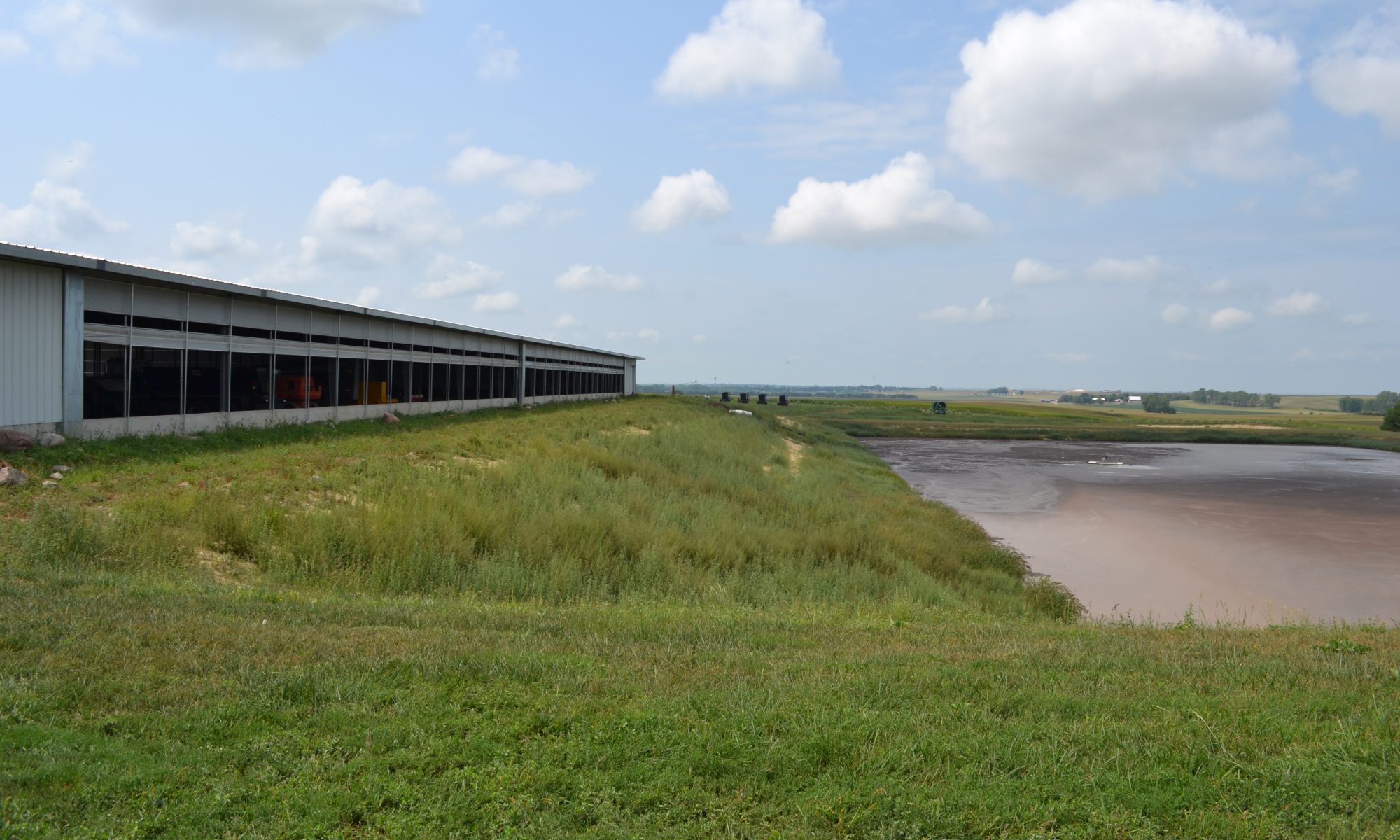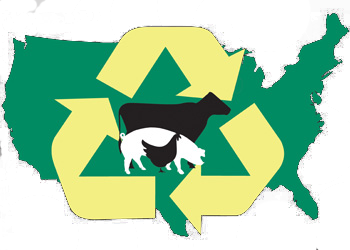The presentation provides an overview of the tool with a demo and discuss how it can be used by NRCS field staff and others in evaluating and tracking effectiveness of conservation practices in improving water quality over time and space. This presentation was originally broadcast on March 7, 2014. More… Continue reading “Water Quality Index for Agricultural Runoff Tool”
Life-Cycle Assessment Modeling for the Pork Industry
 Do the pork industry’s efforts to improve production and economics affect its greenhouse gas emissions and carbon foot print? Research by the University of Arkansas combined with efforts led by the National Pork Board indicates that increased production efficiencies have reduced the carbon footprint of each pound of pork produced.
Do the pork industry’s efforts to improve production and economics affect its greenhouse gas emissions and carbon foot print? Research by the University of Arkansas combined with efforts led by the National Pork Board indicates that increased production efficiencies have reduced the carbon footprint of each pound of pork produced.
Following up on the June 15th, 2012 webcast, this webinar presents an overview of a research and extension project wherein the existing research-based carbon footprint model is refined and expanded. The project goal is to improve this model’s ability to serve as a farm-level educational and decision aid tool that incorporates environmental, production, and economic concerns. The webcast also highlights feed management concepts and ongoing research, which are major components of the project. This webcast was originally broadcast on July 20, 2012. More… Continue reading “Life-Cycle Assessment Modeling for the Pork Industry”
Producer Association Efforts to Address Carbon Footprints: Pork and Poultry
 Have you wondered how food animal producer groups have responded to the attention given to their industries as sources of greenhouse gas emissions? Wonder no longer. Since 2008, the National Pork Board has been working on a specific plan to assess and better understand the pork industry’s carbon footprint. This webinar introduces you to this project and shows highlighted current results of this research, including description of tools designed for producers to begin to assess greenhouse gas emissions and manage resource efficiency in sow and grow-finish production. This webcast was originally broadcast on June 15, 2012. More… Continue reading “Producer Association Efforts to Address Carbon Footprints: Pork and Poultry”
Have you wondered how food animal producer groups have responded to the attention given to their industries as sources of greenhouse gas emissions? Wonder no longer. Since 2008, the National Pork Board has been working on a specific plan to assess and better understand the pork industry’s carbon footprint. This webinar introduces you to this project and shows highlighted current results of this research, including description of tools designed for producers to begin to assess greenhouse gas emissions and manage resource efficiency in sow and grow-finish production. This webcast was originally broadcast on June 15, 2012. More… Continue reading “Producer Association Efforts to Address Carbon Footprints: Pork and Poultry”
NAQSAT for Swine and Poultry
NAQSAT is a tool for determining opportunities to reduce air emissions from livestock farms. Part 2 of a two part series. Part 1 focused on Beef and Dairy Production, while part 2 focuses on Swine and Poultry. This presentation was originally broadcast on October 15, 2010. More… Continue reading “NAQSAT for Swine and Poultry”
NAQSAT for Beef and Dairy
NAQSAT is a tool for determining opportunities to reduce air emissions from livestock farms. This webcast focuses on Beef and Dairy Production, while part 2 focuses on Swine and Poultry. This presentation was originally broadcast on August 20, 2010. More… Continue reading “NAQSAT for Beef and Dairy”



